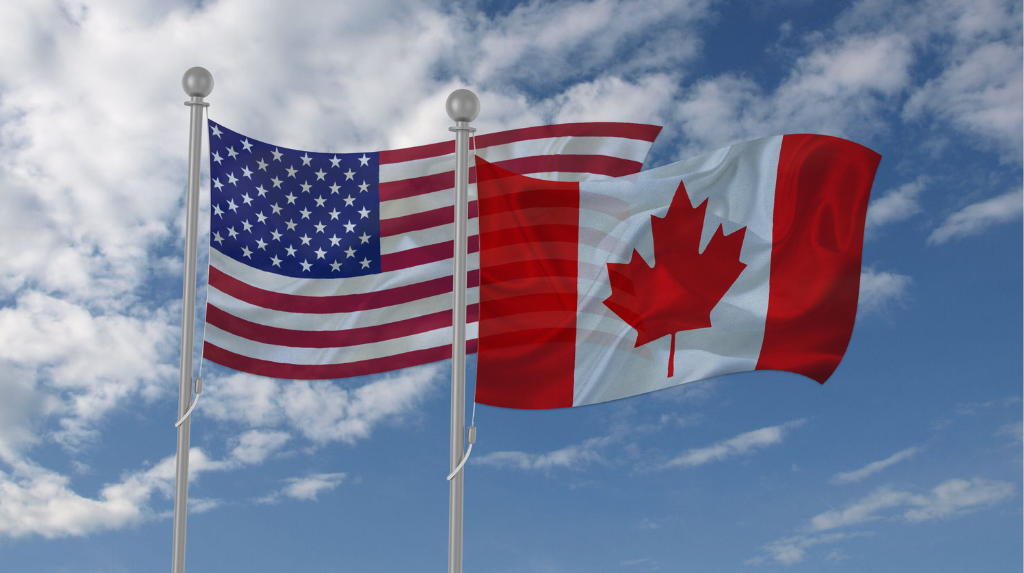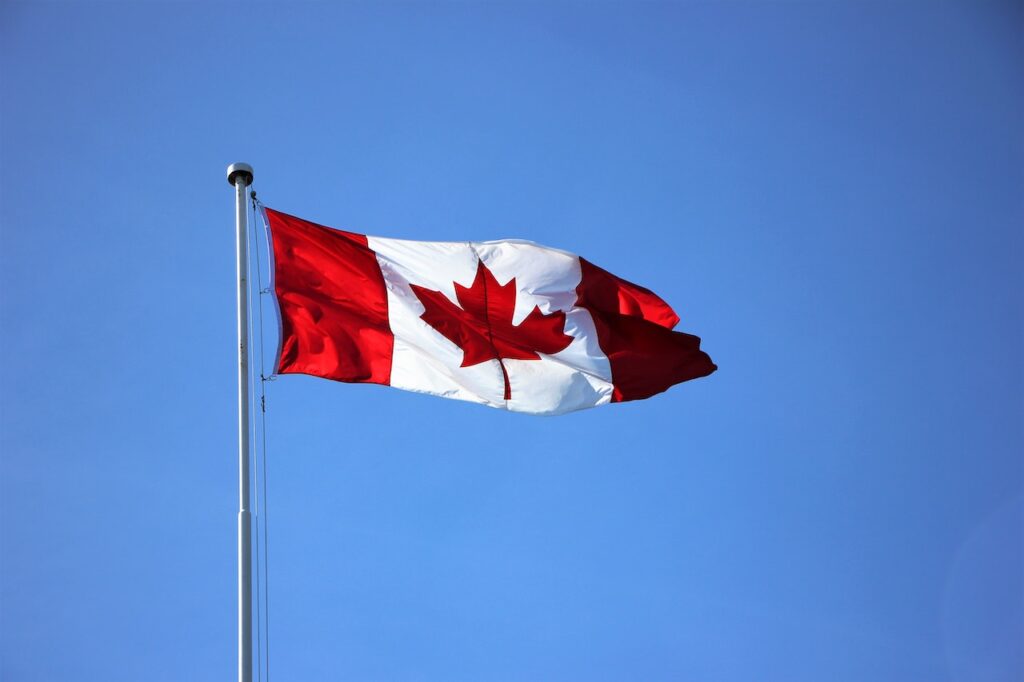Among the numerous options available, the United States and Canada consistently stand out as two of the most desirable destinations. Both countries share similarities, yet they possess unique qualities that cater to different preferences and priorities. In this comprehensive comparison, we will explore various aspects that contribute to the livability of the USA and Canada, helping individuals make informed decisions based on their specific needs and aspirations.
Economic Opportunities:
One of the primary factors influencing a person’s decision to relocate is the economic opportunities available in a given country. The United States and Canada are renowned for their strong and stable economies, offering ample prospects for career growth and financial success.
In the United States, the sheer size and diversity of the economy create a multitude of opportunities across various industries. With major financial hubs like New York City, technological hubs in Silicon Valley, and a robust manufacturing sector, the USA attracts professionals from around the world. The entrepreneurial spirit is particularly strong, with a culture that encourages innovation and risk-taking.
On the other hand, Canada boasts a stable and resilient economy with a strong emphasis on social welfare. The country consistently ranks high on global indices for quality of life and economic stability. Industries such as natural resources, technology, and finance provide a solid foundation for individuals seeking employment opportunities. Moreover, Canada’s immigration policies actively support skilled workers, making it an attractive destination for those looking to contribute their expertise.
Education and Healthcare:
When it comes to education and healthcare, both the United States and Canada have reputable systems in place, albeit with some differences.
The United States is home to some of the world’s top-ranking universities and research institutions. From Ivy League schools to renowned state universities, the country offers a diverse range of educational opportunities. However, the cost of higher education in the USA is often a significant consideration, with tuition fees and living expenses posing a financial challenge for many students.
In contrast, Canada is known for its affordable and high-quality education system. Canadian universities consistently rank well globally, and the country places a strong emphasis on research and innovation. Additionally, the public funding of Canada’s healthcare system ensures that residents can access medical services without facing exorbitant costs. In contrast, the United States relies primarily on a privatized healthcare system, resulting in varying levels of accessibility and affordability.
Quality of Life:
The quality of life in a country encompasses various factors, including safety, social services, environmental conditions, and cultural amenities. Both the USA and Canada strive to offer a high standard of living, but the experiences can differ based on individual preferences.
The United States, with its vast and diverse landscapes, provides a wide range of living options. From the bustling urban life in cities like New York and Los Angeles to the serene countryside in states like Vermont or Oregon, residents can choose an environment that aligns with their lifestyle. However, the USA’s size also means that there can be significant disparities in living conditions and access to services between different regions.
Canada, with its reputation for politeness and inclusivity, is often considered a welcoming and safe place to live. The country’s commitment to multiculturalism is reflected in its cities, where diverse communities thrive. Additionally, Canada’s natural beauty, including its national parks and scenic landscapes, contributes to a high quality of life for those who appreciate outdoor activities and a connection with nature.
Immigration Policies and Diversity:
Both the United States and Canada are known as melting pots of cultures, attracting people from various backgrounds and ethnicities. However, their approaches to immigration and diversity differ.
The United States has historically been a nation of immigrants, and its cultural diversity is a testament to this history. The country’s immigration policies have evolved over the years, with pathways for family reunification, employment-based immigration, and refugee resettlement. However, the immigration process in the USA can be complex, and policy changes can impact the ease of obtaining visas or permanent residency.
Canada, known for its inclusive approach to immigration, has a points-based system that prioritizes factors such as education, language proficiency, and work experience. The Express Entry system streamlines the immigration process for skilled workers, making it an attractive option for those seeking a straightforward path to permanent residency. Canada’s commitment to diversity is evident in policies that promote the integration of newcomers and the celebration of multiculturalism.
Climate and Geography:
The climate and geography of a region play a crucial role in determining the overall living experience. Both the USA and Canada feature diverse landscapes, each with its own unique climate and natural attractions.
The United States spans multiple climate zones, ranging from the tropical climate of Florida to the arctic conditions of Alaska. This diversity allows residents to choose an environment that suits their preferences, whether it be the sunny beaches of California or the snowy mountains of Colorado. However, extreme weather events, such as hurricanes and wildfires, can pose challenges in certain regions.
Canada, known for its cold winters, offers a variety of climates, from the temperate west coast of British Columbia to the subarctic conditions of the northern territories. While winter sports enthusiasts may appreciate the snowy landscapes, others may find the cold temperatures challenging. Coastal areas like Vancouver enjoy milder winters, providing a more temperate climate compared to the prairie provinces or the northern territories.
Ultimately, the decision between living in the United States or Canada depends on individual priorities, preferences, and circumstances. Both countries offer unique advantages and challenges, and the ideal choice varies from person to person.
The United States stands out for its vast economic opportunities, diverse landscapes, and cultural richness. Entrepreneurial spirits and those seeking a dynamic, fast-paced lifestyle may find the USA to be an ideal destination. However, considerations such as healthcare costs, education expenses, and immigration complexities should be factored into the decision-making process.
Canada, known for its welcoming communities, high-quality healthcare, and inclusive immigration policies, appeals to individuals valuing a more balanced and socially oriented lifestyle. The country’s commitment to multiculturalism and affordable education makes it an attractive option for those seeking stability and a strong sense of community. However, individuals should also consider the colder climate in many parts of Canada and the potential limitations in certain industries.
The decision to live in the USA or Canada is deeply personal and should be based on a thorough understanding of individual needs, values, and long-term goals. Both countries offer incredible opportunities for personal and professional growth, and the choice between them represents a unique journey toward a fulfilling life in North America.
Do you need a US or Canada Visa?
Contact our team of skilled immigration lawyers to discuss your visa and immigration needs.
Call us on +234 812 5505 986 or WhatsApp us at +234 818 1547 085 for immediate assistance with your situation. We are available to assist you in person, over the phone, or online.





